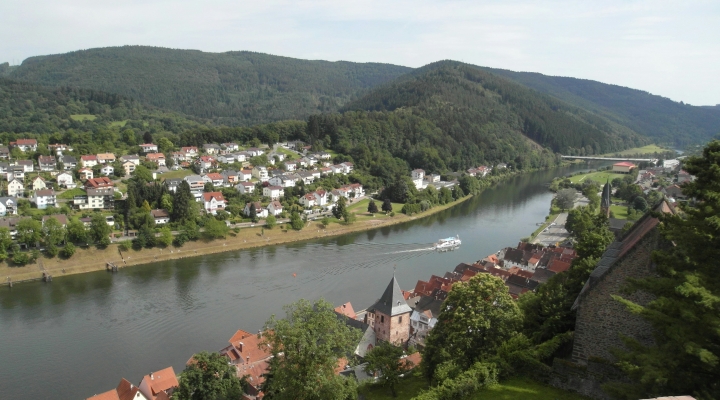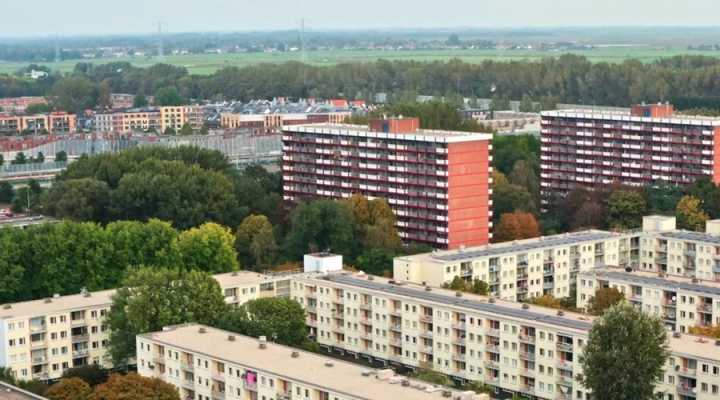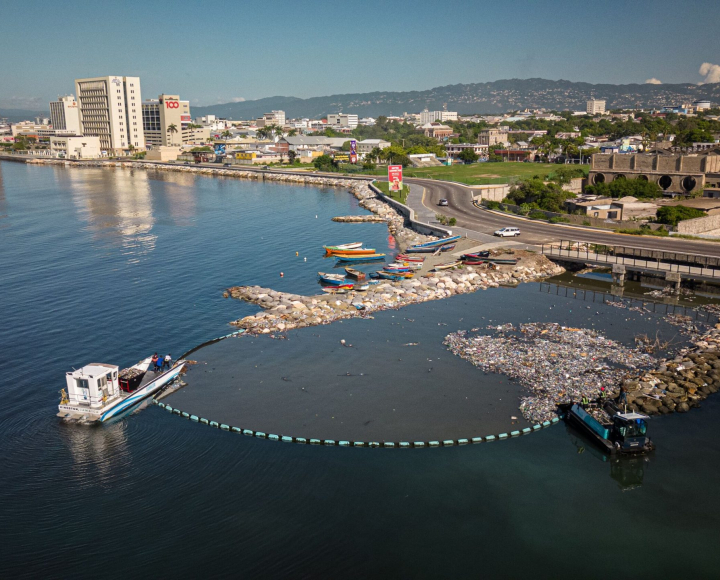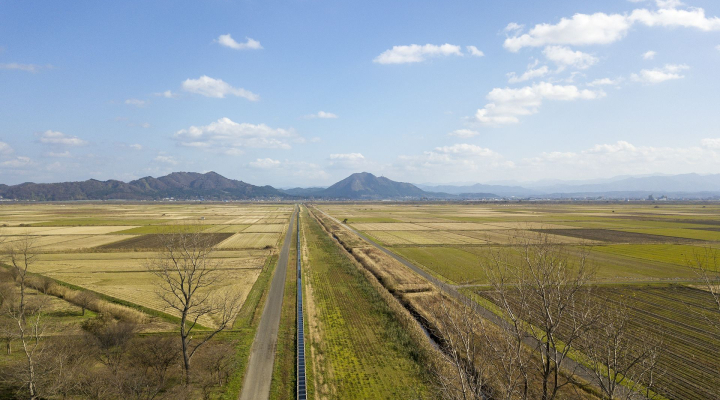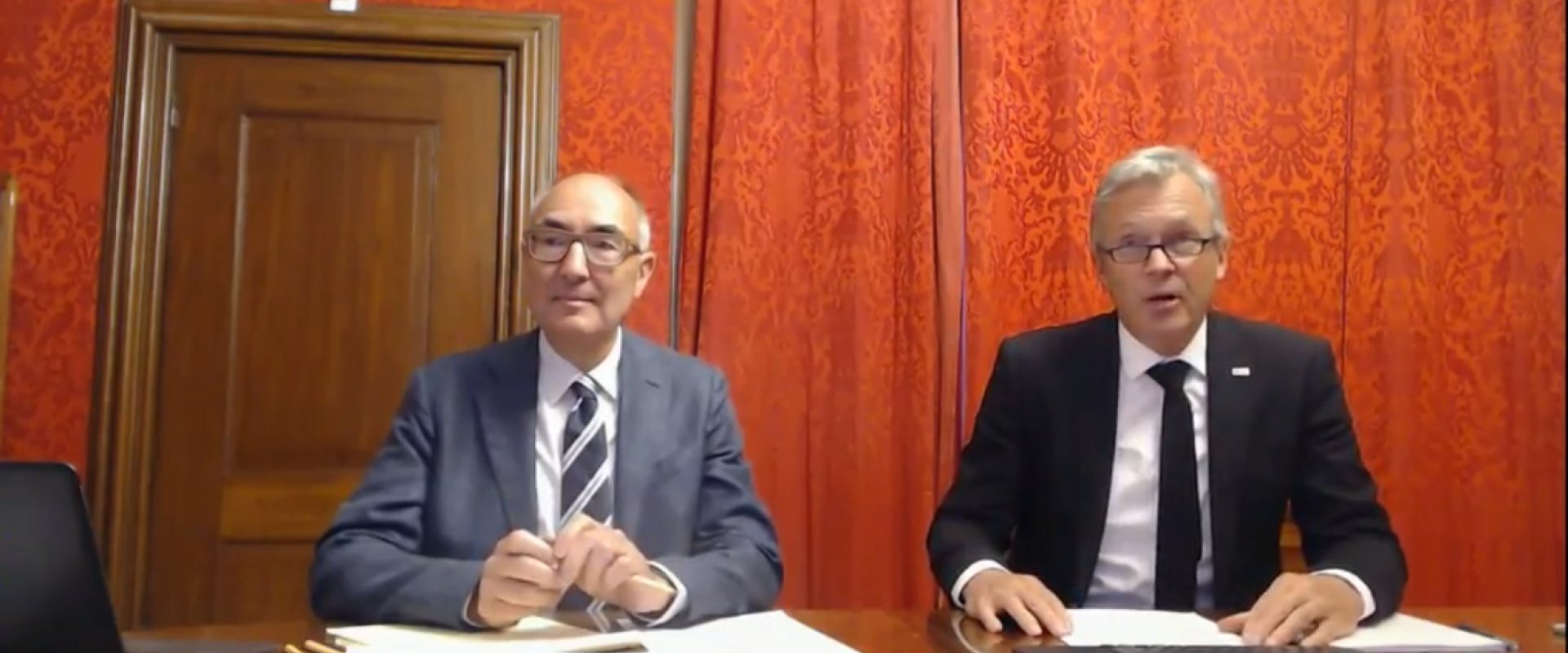
Knowledge & Capacity Symposium: Towards a more responsive water sector
Organisations in the water sector are very compliance and engineering oriented. How can knowledge, education and exchange of good practices strengthen the water institutions to become flexible and responsive to societal changes? And to become better connected to other sectors?
This seemed the central question on the first day of the online 6th International Symposium on Knowledge and Capacity for the Water Sector: from Capacity Development to Implementation Science.
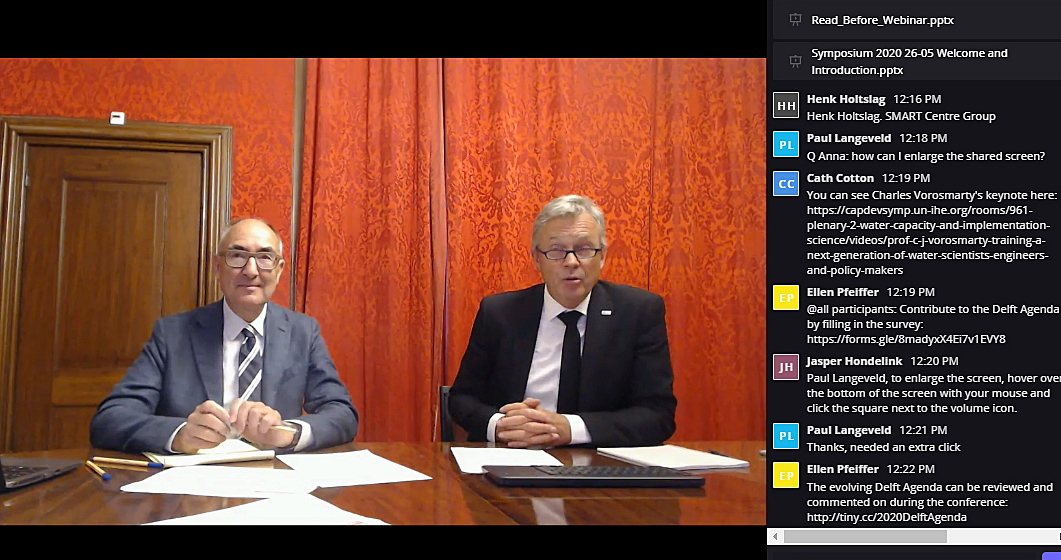

More than just engineering
Education of professionals on integrated water resource management is an important aim of the water education centre IHE Delft, the Netherlands. The centre delivers over 200 graduates every year that are not only knowledgeable in hydrology and engineering of water treatment plants, but they are also experienced in complex societal issues in order to be able to make water infrastructure functional and sustainable.
Not surprisingly, the emphasis of the 6th international symposium organised by IHE Delft was very much on the understanding that water organisations need to be more responsive and more performance orientated.
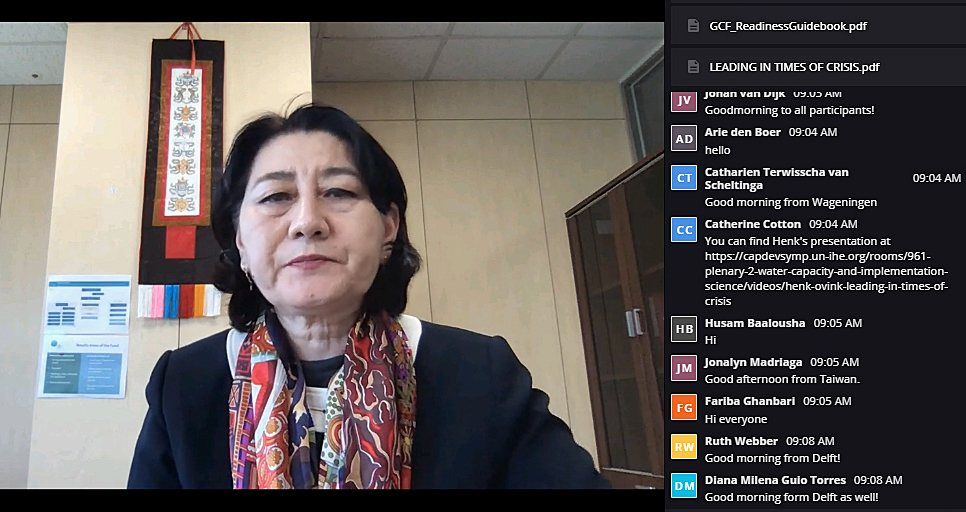

Corona crisis
The symposium takes place in the middle of the Corona pandemic, so on the first day of the symposium several speakers took the opportunity to point out that the water sector needs to be more responsive in a fast changing world. The reality of today is that more water is needed for handwashing. For tomorrow more attention is needed for job creation, building greener and multifunctional infrastructures and blending public and private financing.
'We need to strengthen water institutions by learning their staffs how to handle complexity and deal with uncertainties’, said professor Guy Alaerts during the opening plenary. He sees capacity development as a continuous learning process. ‘It is always case specific. Capacity development must be tailor-made but as water sector we can organise the process and create an enabling environment.’
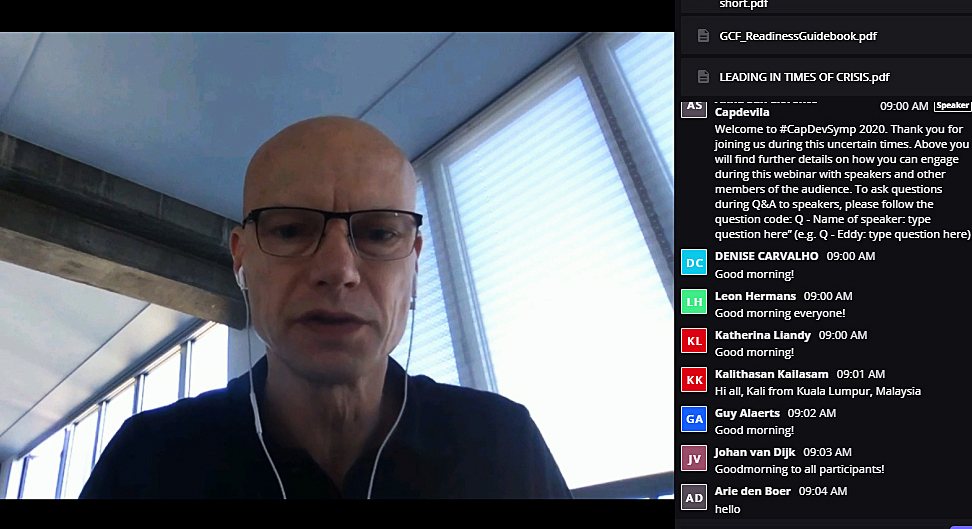

Window of opportunity
Rector Eddy Moors of IHE Delft highlighted the ability of water organisations to be more innovative and to be able to determine the best moment to push new ideas. He underlined the need to give more recognition to the current window of opportunity.
In the opening plenary Moors noted the fact that the World Economic Forum never recognized a global pandemic as a big risk. ‘You cannot blame them for not having the knowledge about pandemics. But how do we deal with the mitigation of unforeseen risks', he wondered. 'We need to develop capacity to acknowledge and adjust to such risks'.
The Symposium Platform is accessible to everyone interested and videos of the plenaries and webinars will be made available as soon as possible.




